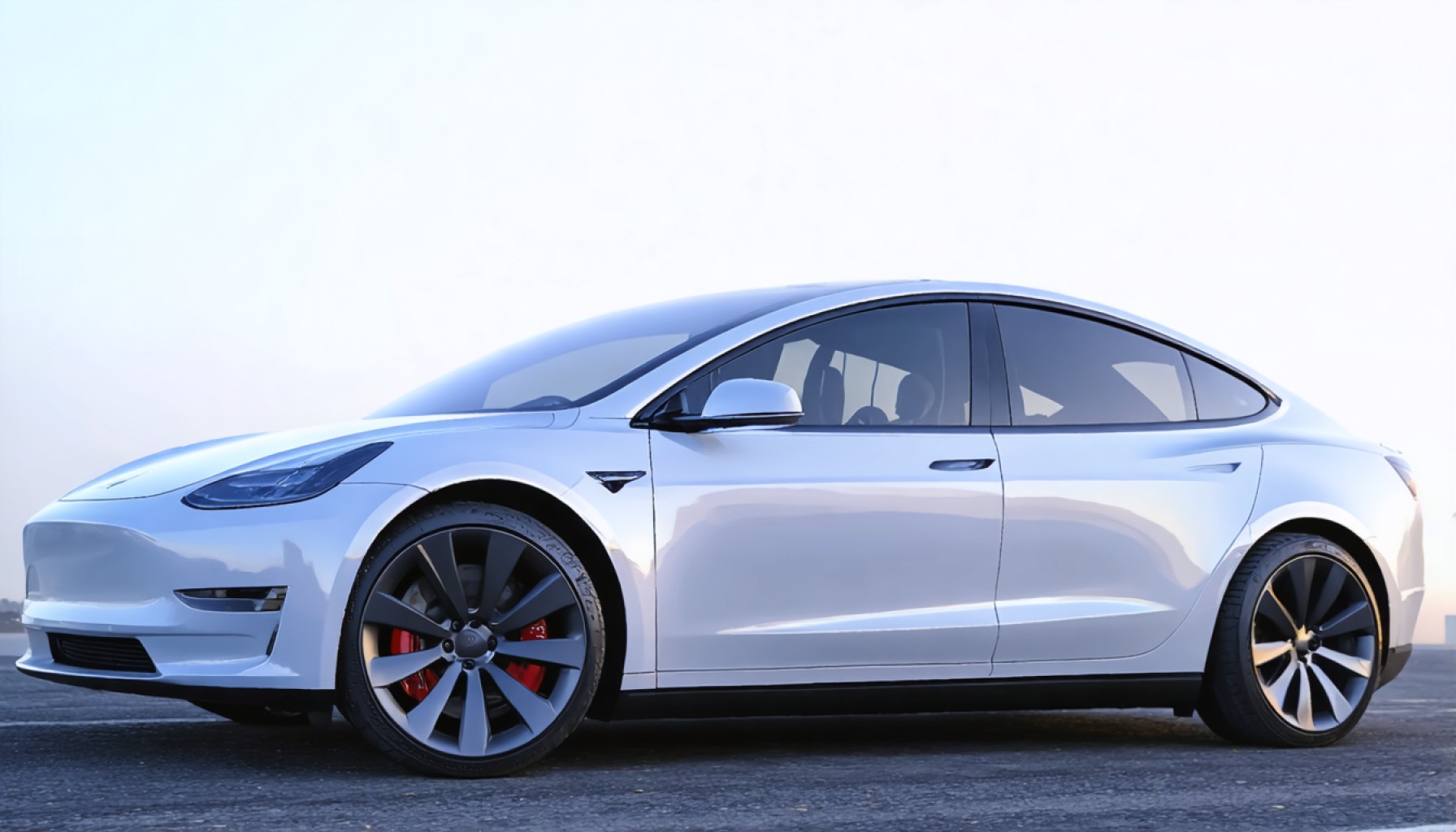- The $400 million Tesla electric vehicle procurement for the U.S. State Department has sparked significant controversy, highlighting concerns over potential favoritism and federal procurement law violations.
- Congressional Democrats Gregory Meeks and Jared Moskowitz are investigating the motivations behind this now-cancelled contract to ensure transparency and accountability.
- The State Department retracted the $400 million estimate, revealing a much lower contract discussion of $483,000, fueling speculation about initial cost inflation.
- A linguistic shift in the procurement documents, from “armored Tesla” to “armored electric vehicles,” raises additional questions about the deal’s original intent.
- The investigation seeks answers from Secretary of State Marco Rubio amid concerns about the previous administration’s involvement in initiating the proposal.
- Silence persists from both the State Department and Tesla’s CEO Elon Musk, as the situation underscores the importance of transparency and ethical government procurement practices.
Swirling with intrigue and raising eyebrows across the political spectrum, the saga of the $400 million Tesla electric vehicle acquisition sheds light on how high-stakes decisions can become tangled in controversy. Inside the labyrinth of federal procurement, two prominent Congressional Democrats have spotlighted a now-cancelled procurement effort that sought to outfit the U.S. State Department with electric armored vehicles made by Tesla.
The narrative unfolds with Gregory Meeks of New York and Jared Moskowitz of Florida, seasoned watchdogs over foreign policy matters, who have probed the motivations behind the $400 million contract initiative. Their concerns? A potential flouting of federal procurement laws that could have favored Tesla’s indomitable CEO, Elon Musk, sparking allegations of preferential treatment amid the corridors of power.
The quest for transparency took an unexpected turn when the State Department acknowledged that the hefty $400 million total was merely an “estimate.” What followed was a cautious retreat from the purchase, with discussions of supplier contracts labeled more modestly at $483,000 – catching attention due to the astronomical gap. Notably, a document from the current administration reveals the ambition for a future peppered with electric vehicles, albeit with a budget far smaller and ambitions seemingly curtailed.
But as any intriguing mystery would have it, once reports began to emerge, a linguistic shift in documents was observed. The phrasing moved from referencing “armored Tesla” to a broader and blander “armored electric vehicles.” This subtle, yet telling alteration sparked a series of questions probing whether efforts transpired to disguise the deal’s true origin.
Gregory Meeks and Jared Moskowitz encapsulate the feelings of unease that reverberate through this revelations, seeking clarity from Secretary of State Marco Rubio. Was there a deliberate inflation of cost anticipation? Was there strategizing in the shadows, reshaping documentation to appear more innocuous under the new administration’s watch?
Despite these probing questions, silence echoes from both the State Department and Musk himself. As documents suggest an origin story rooted not in the current political landscape, but possibly in the previous one, a definitive answer about who planted the seed for this electric fleet remains elusive.
This unfolding drama underscores a key point: transparency is paramount, particularly when government expenditures intersect with high-profile corporate interests. The unfolding narrative serves as a reminder of the scrutiny required to safeguard ethical processes in government procurement. Watchdogs like Meeks and Moskowitz continue to remind us of the pressing need to maintain integrity, even as the world marches towards an electric future.
A Deep Dive into the $400 Million Tesla EV Procurement Controversy
The controversy surrounding the $400 million Tesla electric vehicle acquisition highlights the complexities and potential pitfalls in government procurement processes. Here, we delve deeper into the issues, providing a broader context and additional insights.
Understanding the Key Issues
1. Procurement Law Concerns: The involvement of prominent Congressional Democrats Gregory Meeks and Jared Moskowitz reflects concerns about potential violations of federal procurement laws. Whether laws were bypassed to advantage Tesla and its CEO Elon Musk remains under scrutiny. Transparency in such high-stakes contracts is crucial for maintaining trust and accountability.
2. Government’s EV Ambitions: The Biden administration’s ambition for integrating electric vehicles into the federal fleet is a step towards sustainability. However, the shift from specific “armored Teslas” to generic “armored electric vehicles” indicates a wider market exploration. While aiming to reduce emissions, the overarching ambition faces practical challenges such as budgeting and procurement regulations.
3. Pricing Disparity: The gap between the estimated $400 million and the more conservative $483,000 figure for contractual discussions raises questions about cost estimation processes. This discrepancy underscores the importance of accurate budgeting and realistic projections in government contracts.
Key Questions and Answers
– Why Tesla?: Tesla is a leader in EV technology, known for innovation, which makes it an appealing choice. However, the reliance on a single brand in government procurement can lead to concerns about favoritism and lack of competitive bidding.
– What Impact Does This Have on the EV Market?: Increasing government interest in electric vehicles indicates a promising market trajectory for EV manufacturers. Companies may seek to align with government goals to gain a competitive edge.
Industry Insights & Trends
– Market Expansion: The global push for electric vehicles is growing. Companies other than Tesla, like Rivian and Lucid Motors, are gaining traction, providing governments with more options for sustainable procurement.
– Sustainability in Focus: Governments are increasingly incorporating sustainability goals, influencing policy-making and procurement. This aligns with global trends towards green energy and reduced carbon footprints.
Actionable Recommendations
– Ensuring Transparency: Government agencies should prioritize open communication and clarity in procurement processes to build public trust.
– Diversified Procurement Strategy: Expanding the pool of potential suppliers could mitigate risks associated with reliance on a single company, promoting fair competition and innovation.
– Stakeholder Engagement: Encouraging active engagement with stakeholders, including policymakers, industry experts, and the public, can enhance the effectiveness of procurement strategies.
Conclusion
The revelations around the Tesla procurement highlight the pressing need for transparency and ethical processes in government contracts. As governments continue to adopt electric vehicles, ensuring adherence to procurement laws and budgetary discipline is essential for fostering accountability and trust.
For further information on advancements in electric vehicles and their impact, visit Tesla.
Leveraging these insights, stakeholders can navigate the evolving landscape of electric vehicle procurement with greater awareness and integrity.















